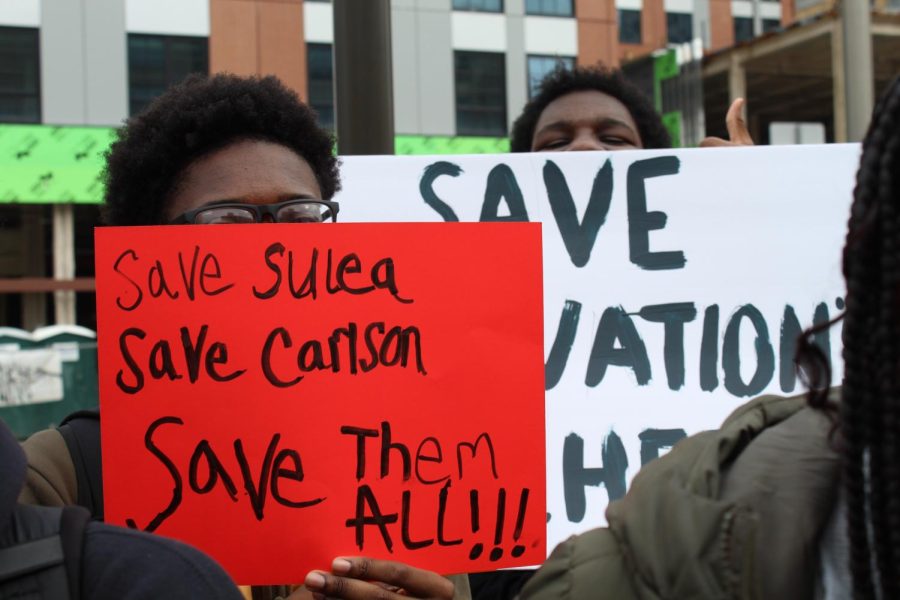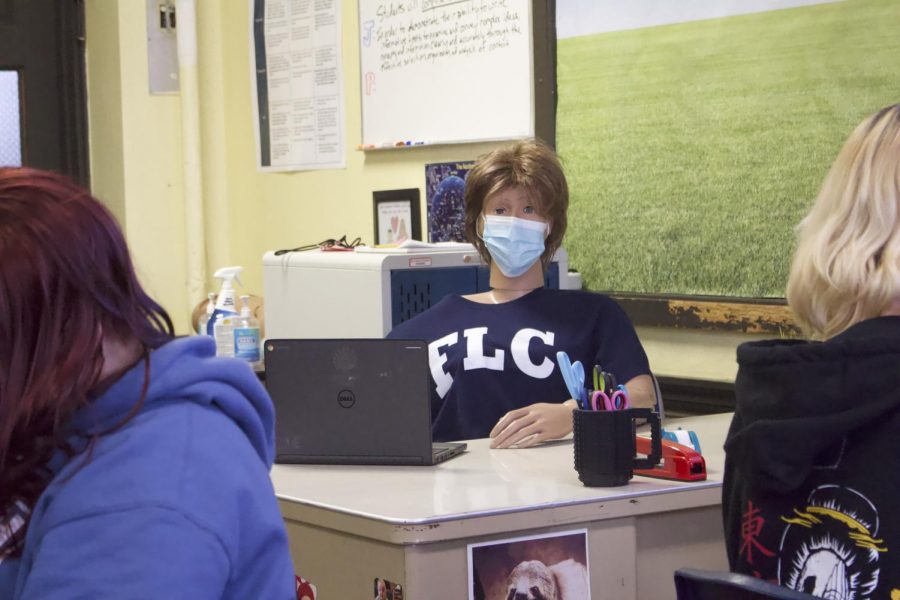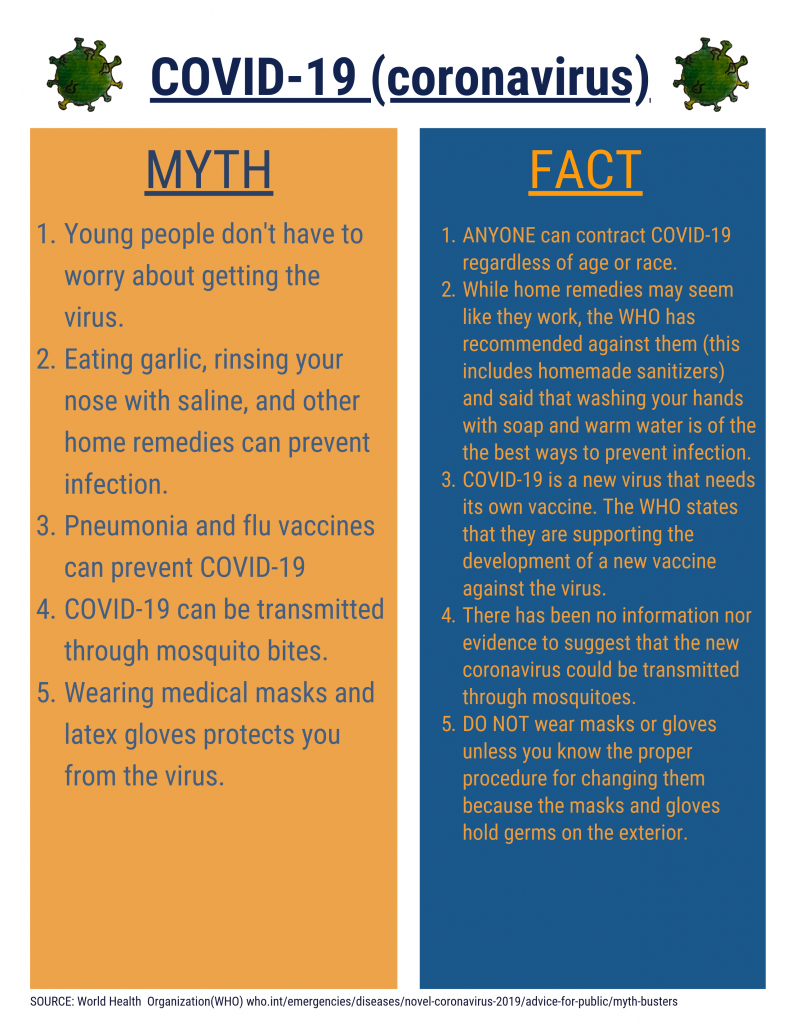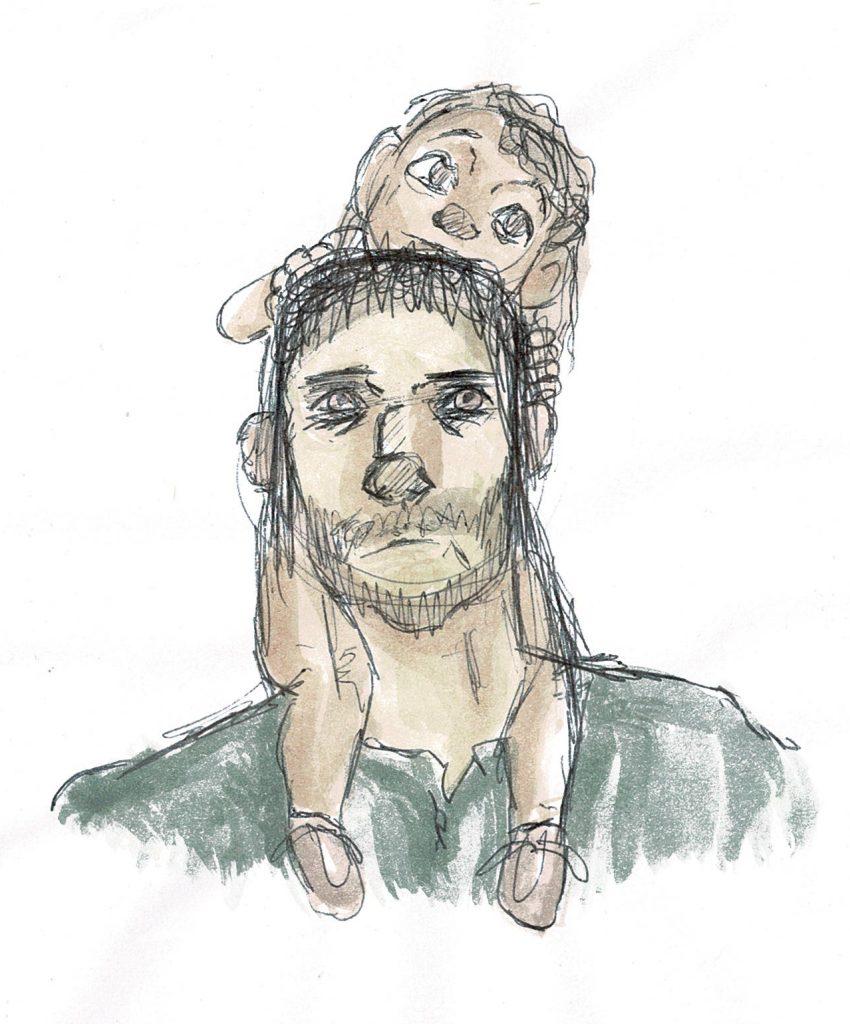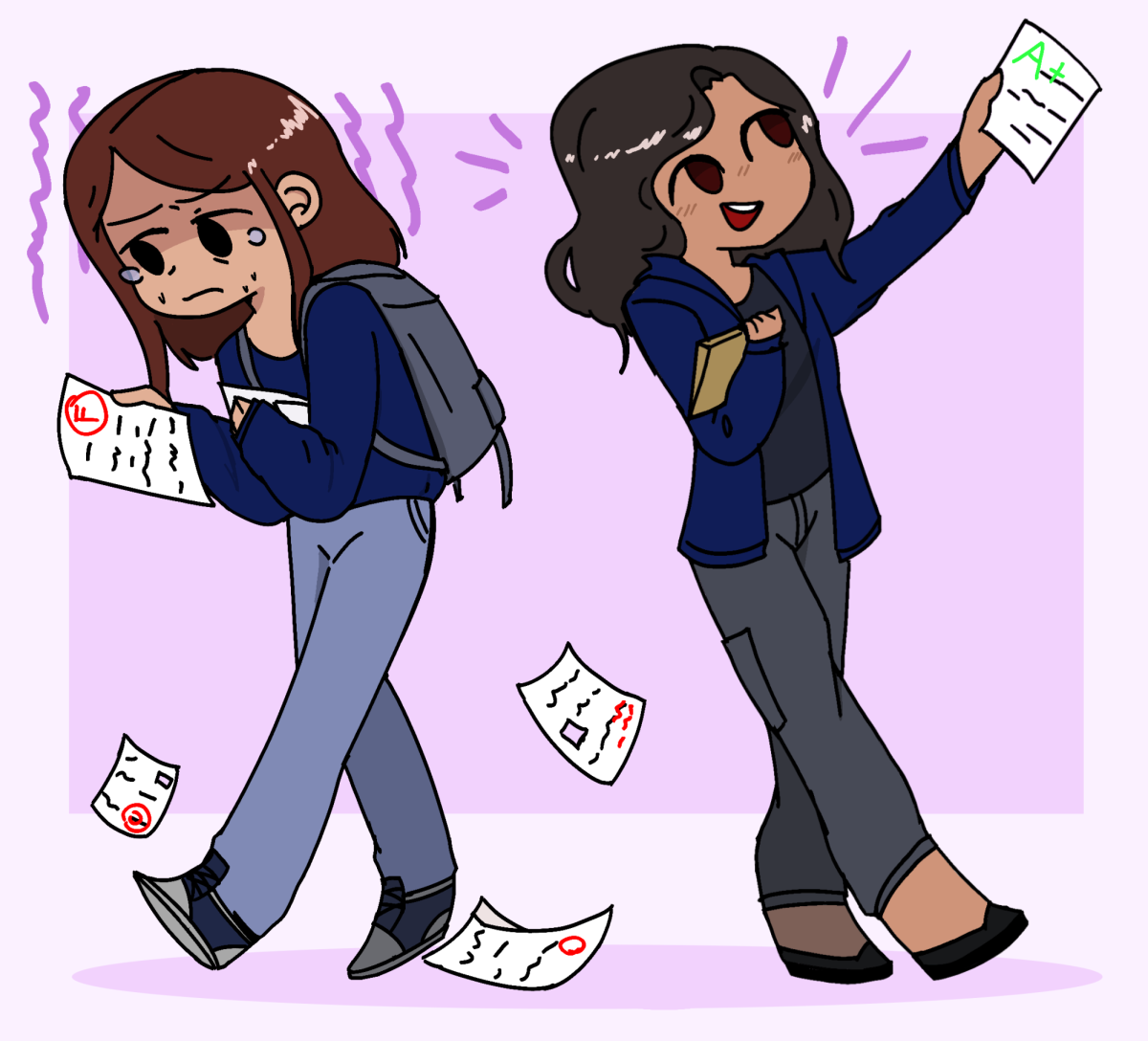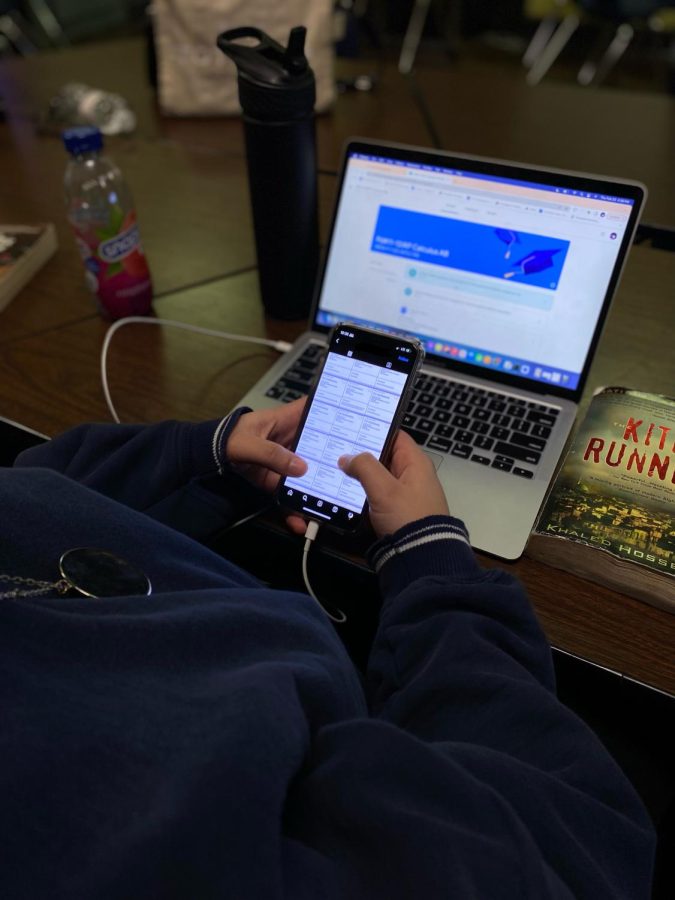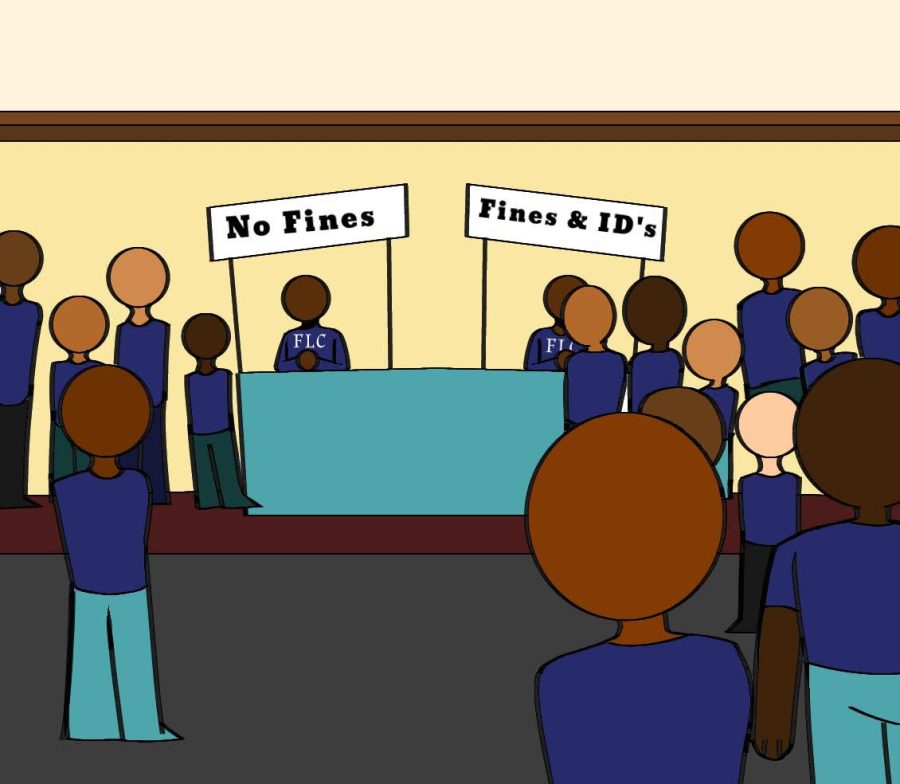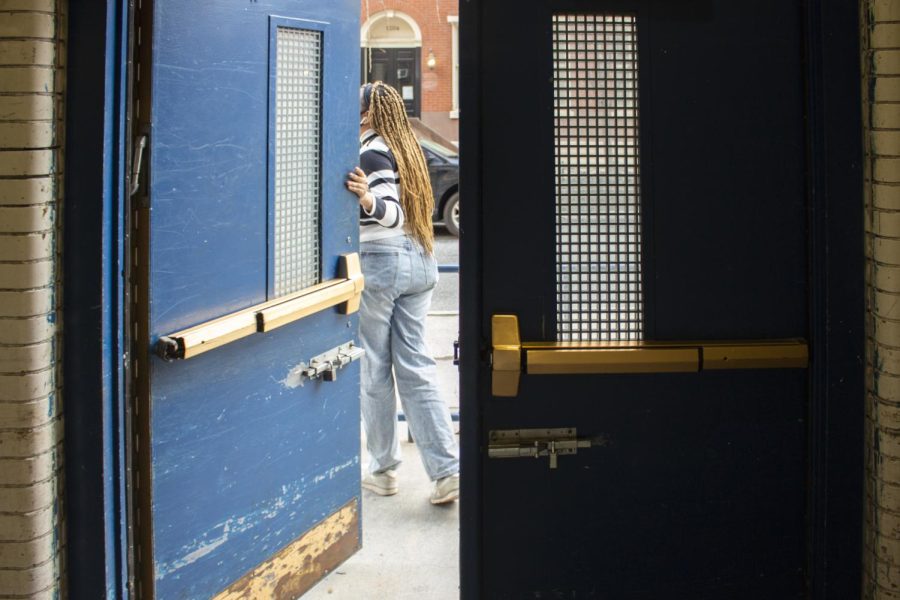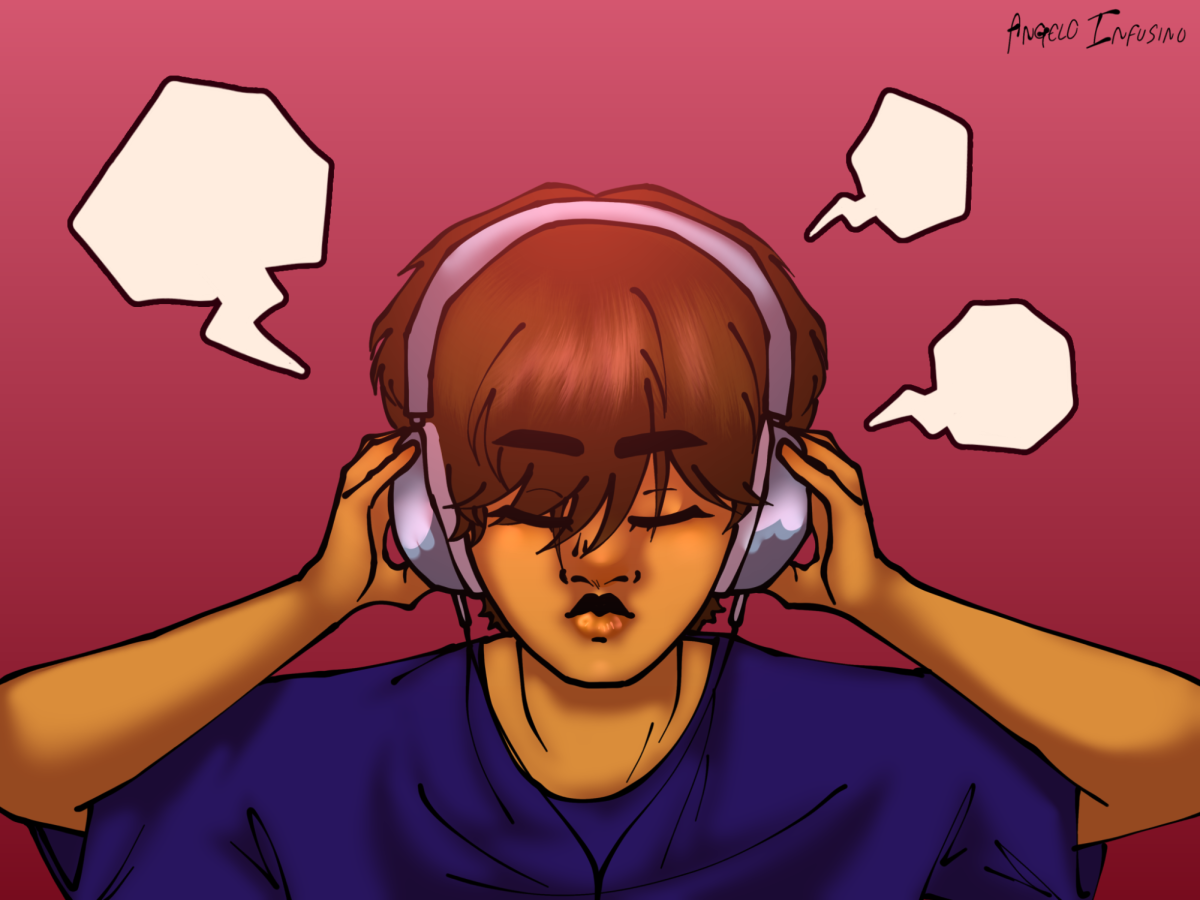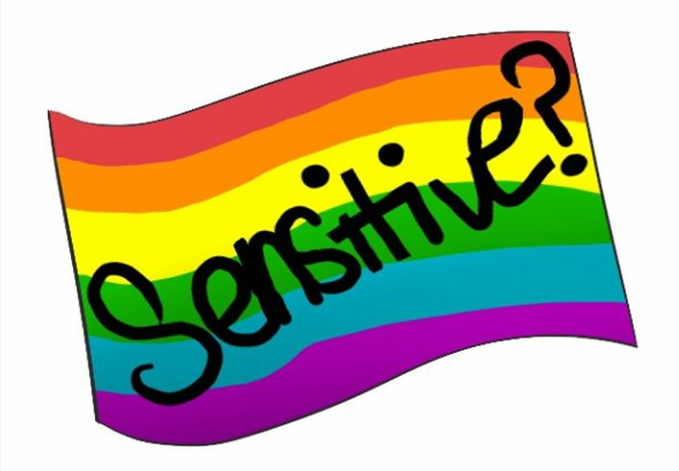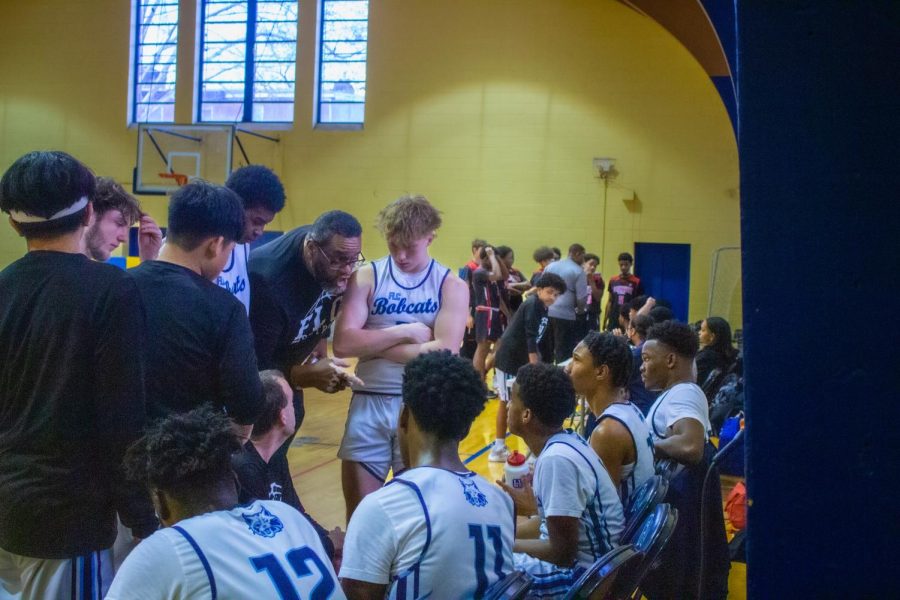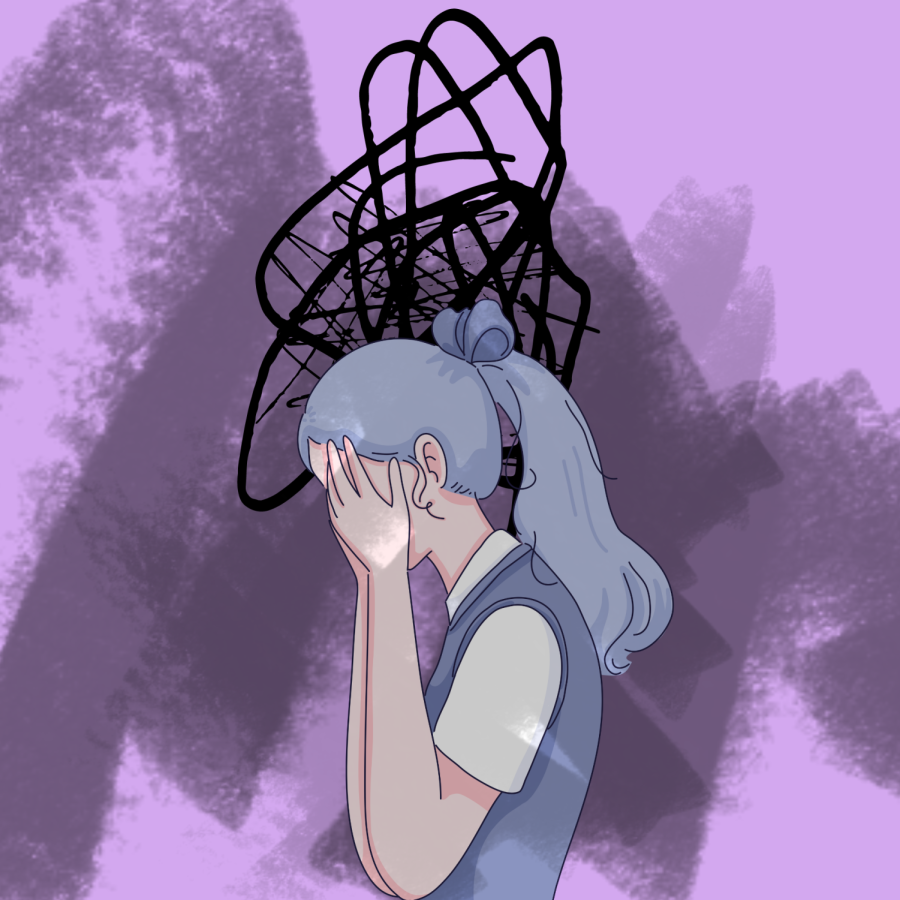Should schools have mental health days?
December 21, 2022
What Exactly is a Mental Health Day?
It is no secret that everyone stresses. When your daily roles and responsibilities overwhelm you, you may find yourself on the verge of burnout, a state of physical or emotional exhaustion. Burnout can reduce productivity, greatly damage your mental health, and give you a negative look at life making it very important to avoid it at all costs.
Signs of a Burnout:
- Withdrawing from responsibilities
- Isolation
- Procrastinating
- Taking longer to complete tasks
- Coping with stress with food, alcohol, or drugs
- Taking out frustration on others
- Skipping work or arriving late, and leaving early.
Just like your physical health, your mental health is important too. A mental health day is often depicted as a day where someone can rest and recharge by taking a break from commitments and/or responsibilities. While a mental day may not cure your mental health, it will provide a much-needed break allowing people to come back more energized.
Adolescents Mental Health Crisis
Untreated mental health problems affect not only physical health, but also learning, socialization, self-esteem, and other significant aspects of child development that can have long-term effects. Sadly, untreated mental health issues can also lead to suicide. This is concerning because, as of now, suicide is the second leading cause of death among adolescents. From 2010 to 2020, the suicide death rate grew by 62%. That’s nearly 6,500 lives, ages from 10 to 24, that we are losing each year to suicide.
Mental health days are needed now more than ever as adolescents’ mental health becomes an epidemic. While, before the coronavirus pandemic, mental health in adolescents was a growing concern, the pandemic only intensified and unmasked symptoms of mental health among adolescents. In fact, mental health in adolescents had gotten so concerning that in the fall of 2021, the American Academy of Pediatrics, the American Academy of Child, the Adolescent Psychiatry, and the Children’s Hospital Association declared a national emergency in child and adolescent mental health.
During the pandemic, isolation was the main line of defense against the virus. While isolation might have decreased the prevalence of the Covid-19 virus in people, it only fueled mental health problems in adolescents. Isolation can have significant impacts on mental health and, according to a study conducted by the National Institute for Health and Care Research, isolation only increases the risk of depression and anxiety.
Major Depression In Teens and Young Adults
Mental Health Concerns
Mental illnesses can begin at any age but, in most cases, it usually begins earlier in life. By age 14 half of all mental health disorders begin, and by the mid-20s 75%. Over half, between 41% to 63%, of high-risk children in the United States are not receiving behavioral health services critical to their mental, emotional, and physical well-being. This is critical because mental health issues in adolescents are more likely to persist into adulthood if untreated. Prevention and treatment during adolescent years are key to avoiding long-term mental health illnesses. However only a small percentage of the youth have access to treatment which is often costly. For example, therapy, on average, typically ranges from $65 per hour to $250 or more. Instead, we can use schools as a means for intervention as adolescents already spend the majority of their time there.
Which Schools Allow Mental health Days?
States That Allow Mental Health Day
As of now, only 12 states in the United States allow mental health days for students: Washington, California, Illinois, Virginia, Maine, Connecticut, Oregon, Arizona, Nevada, Utah, Kentucky, and Colorado.
States Where Bills Have Been Proposed
There are four states, as of now, that are trying to pass a bill to establish absences from school for mental or behavioral health reasons as permissible: New York, Maryland, Massachusetts, and Pennsylvania.
States Where No Laws Regarding Mental Health Day
Thirty states do not recognize mental health days as excused absences: North Carolina, Indiana, New Mexico, Kansas, Mississippi, Minnesota, Wisconsin, Tennessee, Nebraska, Alabama, New Jersey, Georgia, Iowa, Oklahoma, Missouri, Arkansas, Texas, South Dakota, Michigan, North Dakota, Alaska, Wyoming, Montana, Hawaii, West Virginia, South Carolina, Washington, Vermont, Louisiana, Rhodes Island, New Hampshire, District of Columbia, Delaware, Ohio, Idaho, and Florida.
Are Mental Health Days Effective?
There is no data to prove that mental health days are effective in schools because it is not required for schools to report how many students are taking mental health days. However, mental health has been implemented in some work establishments. And so far, it seems to be working.
When people are burned out, a decrease in motivation can be seen and, when people are stressed, it can derail their focus and memory. Study data collected from Total brain shows that mental health days had significantly improved this. Of the managers of the employees who took mental health days in the study, 93% of them reported that taking time off led to increased employee motivation and 84% of them reported employees’ increased productivity after a break.
An increase in motivation, memory, and productivity is just what students need. If a mental health day helped employers, who’s to say that it won’t be beneficial to students? The answer is that we won’t know unless we try.
Pros of Mental Health Days
There are many pros to having a mental health day at school. Students will be encouraged to take their mental health first and prioritize it. Mental health days can be an essential step in reducing student stress when feeling overwhelmed by academics or one’s social life. It allows students to catch up or get ahead on their work to make the next few weeks somewhat easier. Additionally, it makes teaching and learning more effective as students will grasp concepts sooner and retain them more deeply when they experience less chronic stress.
Cons of Mental Health Days
On the downside, there are a few arguments critics make about mental health days. Firstly, many are concerned that mental health day would only further push the student behind on school work eliminating the effectiveness of a mental health day. Furthermore, schools may argue that some students might take advantage of mental health days and use them when they don’t need them.
Are You Willing To Take the Chance?
Schools might be fearful that students will take advantage of said mental health days, but are they willing to risk it and take the chance. Are they willing to have the blood on their hands for denying students the right to put their mental health first?
Whether it’s one day or five that the school district allows mental health as an excusable absence, it’s one step closer towards the right direction and diminishing the mental health crisis of adolescents.
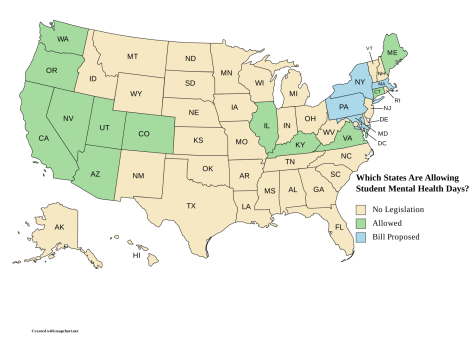





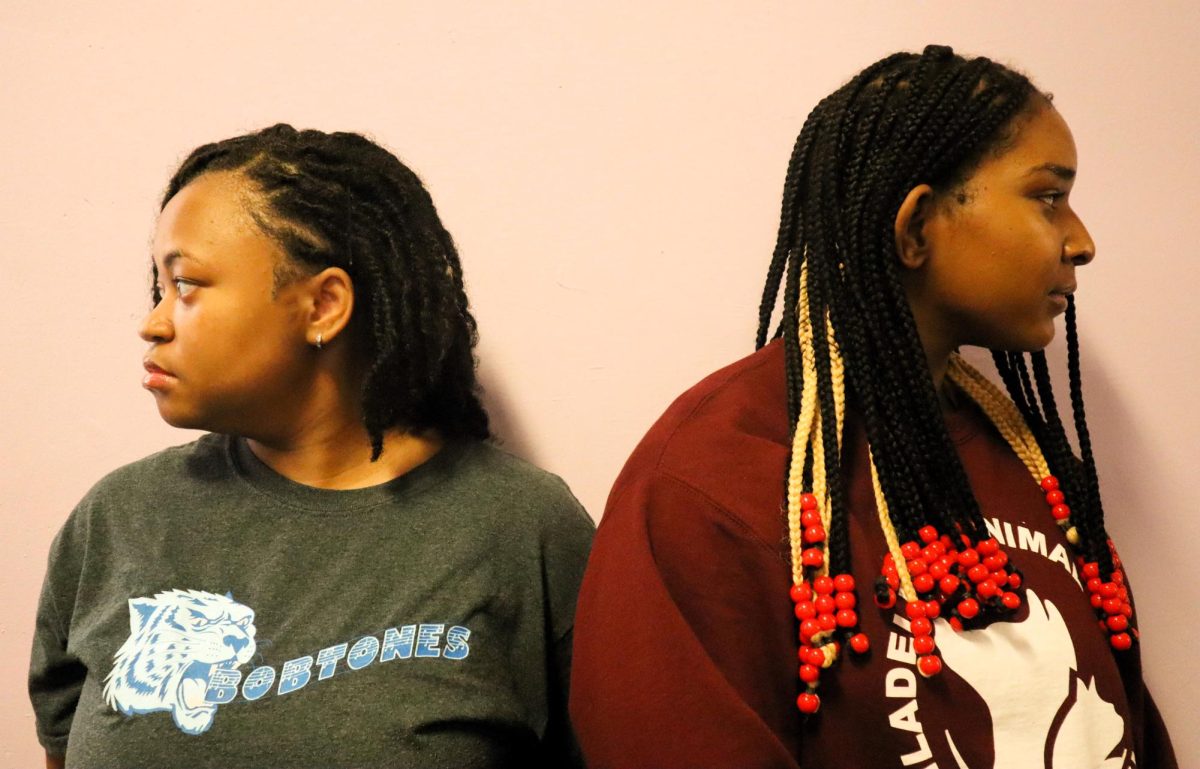

![[VIDEO] FLC 10th grade student awarded $40,000 in a BigFuture Scholarship](https://theflashflc.org/wp-content/uploads/2023/05/Screen-Shot-2023-05-02-at-4.39.10-PM-900x493.png)
![[VIDEO] Mayoral candidates campaign on student issues](https://theflashflc.org/wp-content/uploads/2023/04/IMG_1387-900x506.jpg)
